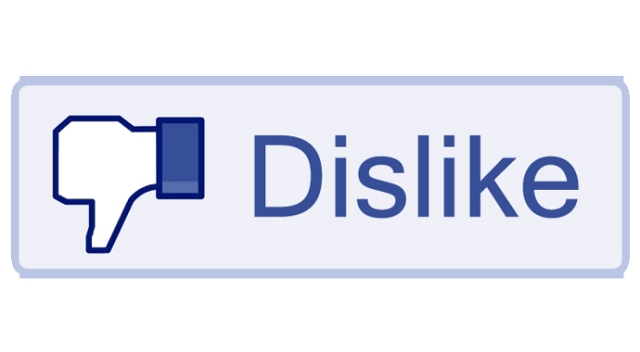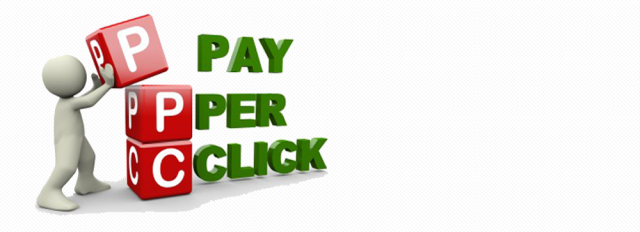Mobile Should Be a Part of Your Marketing Mix Now
We’ve all heard the now-famous stat that more than 75 percent of us admit to taking the smartphone into the bathroom with us. I suspect that is a low number. Mobile has thoroughly wound its way into the very fabric of our lives, to the point where our daily lives usually begin and end with it.
There have been predictions of mobile coming for years now, but we maintain that the train is not only here, it’s leaving the station. Let’s look at the evidence, as well as how you can benefit from this paradigm shift.
5 Pieces of evidence that mobile marketing has arrived
-
Google – Google has made it abundantly clear that it is mobile first as far as they’re concerned. And they have excellent reasons to believe this. All of us are tied to our phones, and it is very often the first device we reach for in our day. Not just that, studies show that 65 percent of all searches begin on a mobile platform.
-
Smartphones and other mobile devices – The average person owns 3.1 mobile devices. This is broken down as 85 percent carry a smartphone, 65 percent a laptop, 48 percent a tablet and 40 percent an mp3 player. To say mobile is ubiquitous is a bit of an understatement.
-
Nobody knows how to market on mobile – While two-thirds of businesses are trying to use mobile, few understand how to measure, implement or otherwise utilize the immense reach mobile affords. To illustrate further, a full one-third of businesses that say they use mobile spend less than an hour a week working it. Hmmm…
-
Responsive design – As email marketing remains by far the most valuable as far as ROI is concerned, having a responsive design in your emails is a must.
-
Mobile converts – The top reason we’re sure that mobile is a dominant force now is that it converts better than any other medium. 70 Percent of mobile queries lead to an action within the hour, evidence that users who are out and about aren’t afraid to look you up and stop on by.
What to Do When Your Awesome Content Falls Flat
Given all the effort you’ve most likely put into your content, it’s utterly heartbreaking when what you’ve slaved over falls flat when it’s published.
Of course there are no guarantees that everything we write is going to hit it big, many times we feel as though we’ve actually created terrific content that for whatever reason isn’t able to catch the fancy of our audience.
No one hits it big every single time, but if this looks like it’s a pattern with your content, let’s consider some of the reasons your content might not be hitting on all cylinders.
3 Reasons why your content isn’t going viral:
No emotional connection –
This is the first area to check. If you aren’t connecting with your audience on a gut level, striking them where they live, there is no way they’ll feel compelled to share this “meh” work any further than the delete key. Addressing people’s pain points and showing that you not just care enough to help, but also have some experience in this area yourself is a great first step.
Lousy distribution of your content –
This is where a lot of us miss the boat. There are many more places than ever to share your content, and the ease of doing this is surpassed only by the time and effort it requires to do so, but hey, you wanted for it to reach far and wide, right? Make sure you announce your content on social media channels, via your email list, and anywhere else you have your voice. Work on making connections larger than yours, and exploiting your social media contacts. Consider using paid traffic to boost your content, as in a Facebook or Twitter ad.
It’s not worth sharing –
If your content is not positive, or lacks elements that others would find valuable, you’ll discover that most people won’t want to share it. Humor and a great story will always end up getting shared. Creating emotional content that addresses practical concerns in a useful way is a recipe for getting your content shared far and wide.

Learn Why PPC is Great for Local Business
There is a very common notion that pay per click (PPC) ads aren’t really for local business. We’d like to dispel that right now. PPC can do a great deal of good for a small business, particularly a new one.
Let’s look the various pros and a few cons for PPC ads, and provide you with a framework for deciding if they are right for you.
The Pros of PPC for local business
-
Can be less expensive than SEO – Because there are various budget controls built into the PPC platforms, you are able to manage your costs very carefully. This isn’t doable with an SEO campaign, for which you typically are shelling out a large sum up front.
-
You can get near instant results – While an SEO campaign could take months or years to bear fruit, (during which time the Google search algorithm will have changed necessitating you needing to do it all again!) with PPC you will know how your campaign is performing within hours after it starts.
-
Can get you multiple first page listings – Even if you’re ranked on the first page, you may still want to run PPC ads to take a larger share of the virtual real estate there, bringing you more visitors and more profits.
-
Far simpler to target a precise audience – Using targeted keywords and interests, you’ll be able to laser target your ideal audience.
-
You can easily track and measure results – The back offices of all of the major PPC platforms provide you with all the stats you could ask for in regards to tracking and measuring your success.
-
Can aid your SEO campaign – Built deep into Google’s secret search algorithm, traffic and social interaction play a significant role. Your PPC ads can help with this.
The cons to using PPC for a local business are basically three:
-
Learning Curve – Each of the major PPC platforms, Google, Facebook and Bing, all have their quirks, and you need to learn this information to run successful campaigns.
-
Costs – You’ll need a budget, and your efforts and revenues will be determined by the size of it. Also, you’ll need discipline to not spend through your ad budget on an unprofitable campaign, and know when to end it.
-
Keywords research – A necessary part of PPC. You’ll either need to do this yourself or outsource it to someone that knows how.
PPC can be quite a terrific plus for a local business. Just take care to watch costs and give time for learning.









































































































































